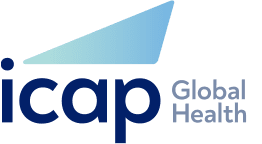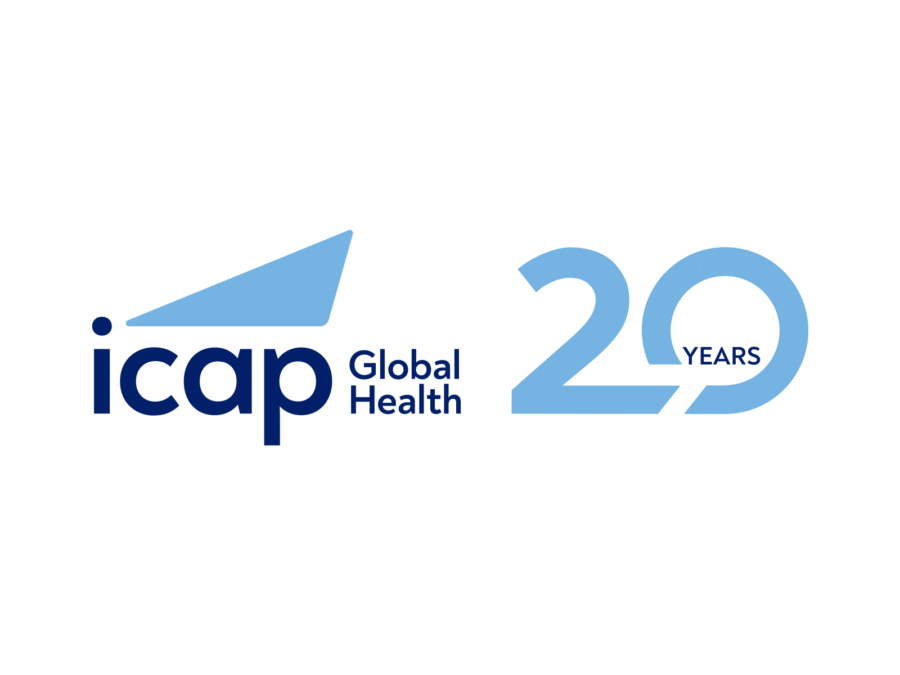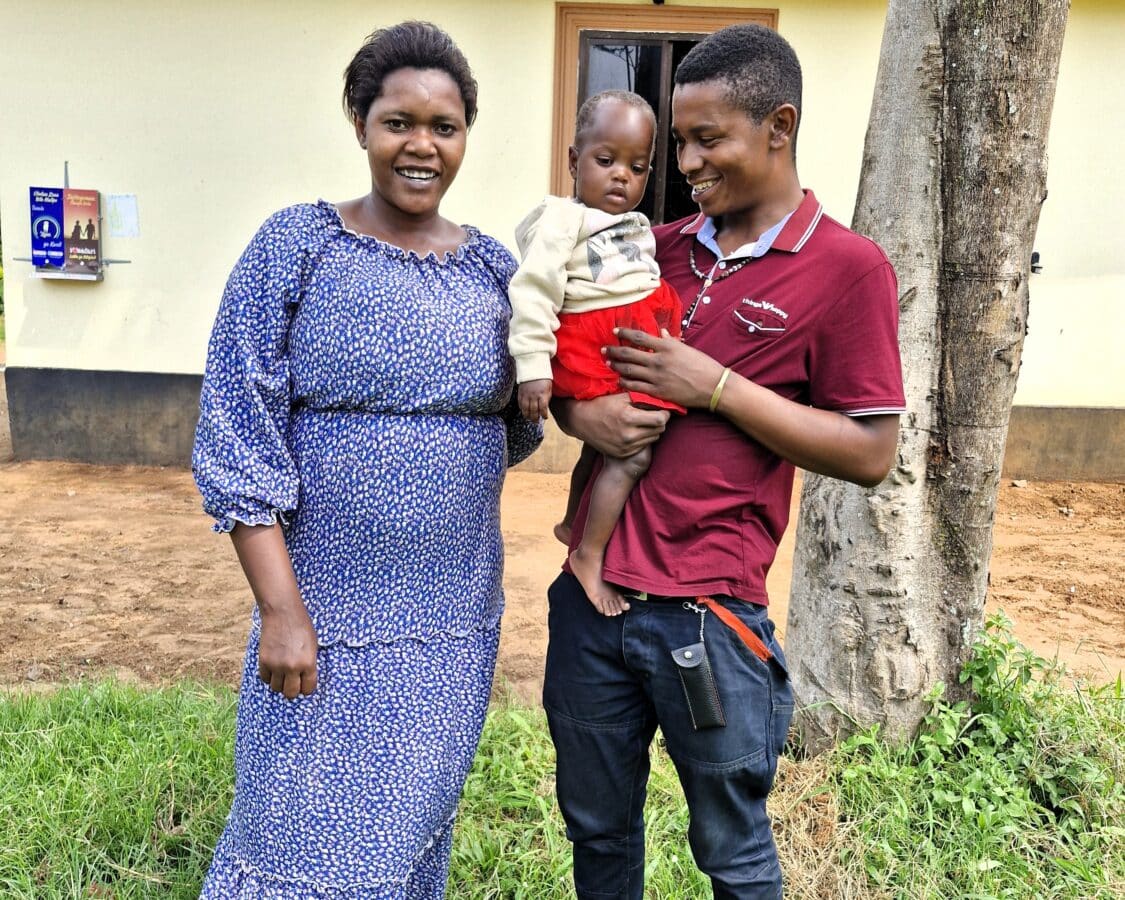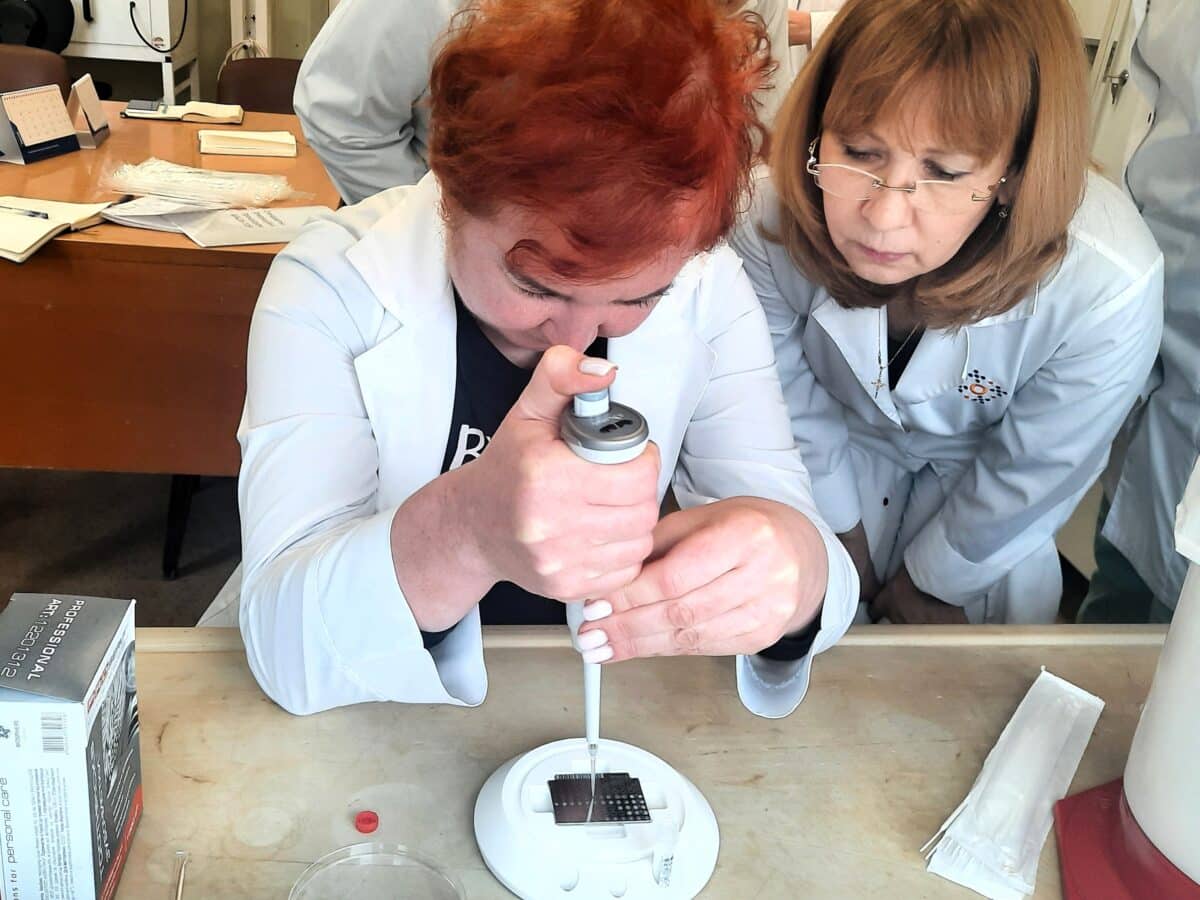As Angola lays the groundwork for implementing WHO’s test and start guidelines, the Government of Angola and its partners are working to streamline processes so that already overburdened health facilities can accommodate the increased numbers of patients on ART. Ensuring that the Ministry of Health has accurate and timely data that can be used to monitor and evaluate progress at a national level is a key priority.
In 2015, ICAP, with funding from PEPFAR through the CDC and in partnership with Angola’s National Institute in the Fight against AIDS (INLS), began supporting nine PEPFAR-prioritized health facilities in Luanda, Angola. Together, these nine facilities treat an estimated 21,000 people living with HIV. Through the facility-level support ICAPprovides, it has gained an in-depth understanding of the challenges these health facilities face in providing quality patient care and collecting and reporting data in a timely and accurate manner. A health facility assessment that ICAP conducted in partnership with facility staff identified the current system of dual patient registers as a key obstacle to tracking and treating HIV-positive patients.
The current system of patient registers causes significant complication because one register tracks patients as they are diagnosed HIV-positive, while a second register tracks patients as they become eligible for ART. In addition to the difficulties related to tracking patients across the two registers as they change status, there are ongoing issues related to recording clinic visits, making it difficult to follow patient progress over time and track missed appointments, CD4 counts, and the drugs dispensed. In addition, data collected in the registers is not easily aggregated by monitoring and evaluation officers for the purposes of facility and district-level reporting.
To address these challenges, ICAP supported the INLS to develop a register where a patient’s information can be entered on a single line, allowing his or her progress to be followed over time. ICAP and the INLS have now introduced this new, integrated HIV care and treatment patient register at two pilot facilities in Luanda.
“The time saved using this new book will make it possible to dedicate ourselves to additional tasks during working hours,” said Márcia Fernandes, the HIV focal point at Kilamba-Kiaxi Hospital. “This will improve our interpersonal relationships with our patients.”
While piloting the new tool, ICAP identified ways to make the register even more useful and plans to incorporate these changes into the next iteration of the log book. The INLShas expressed interest in introducing the improved patient registers at the other seven PEPFAR-supported health facilities in Luanda—with ICAP support—and then rolling them out nationally.
“The update and improvement of the registry tools can be seen as a fundamental step toward the improvement of information systems, which play a crucial role in decision-making processes in the field of HIV care and treatment,” explains Dr. Carlos Laudari, ICAP’s country representative in Angola. “These simple yet profound changes to the way that patients are tracked at health facilities will pave the way for a more robust and accurate national picture of the HIV epidemic in Angola.”








